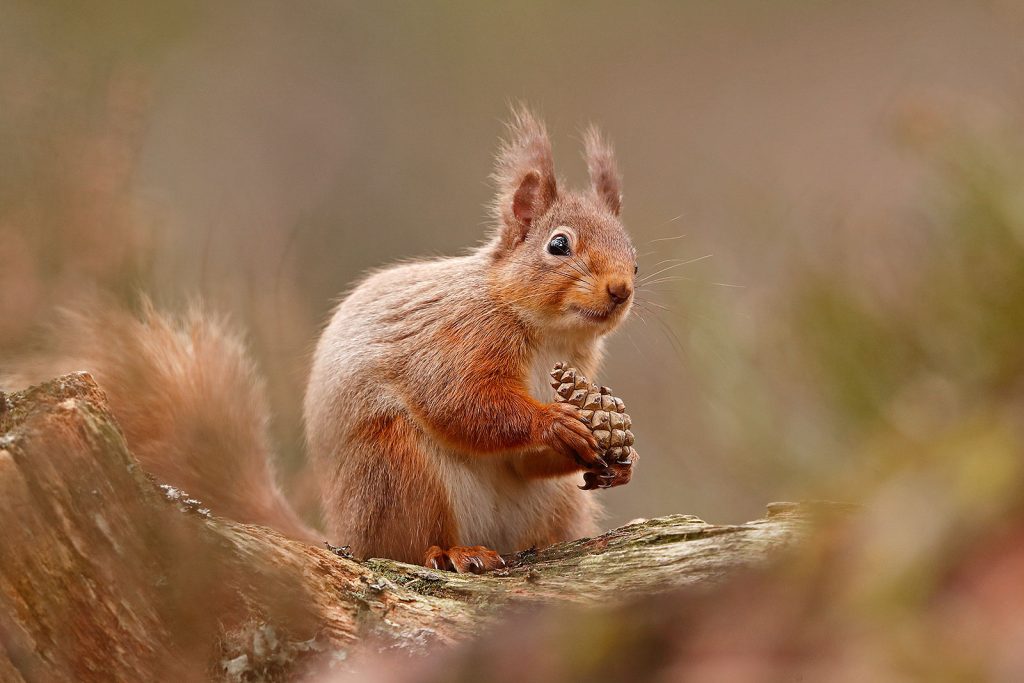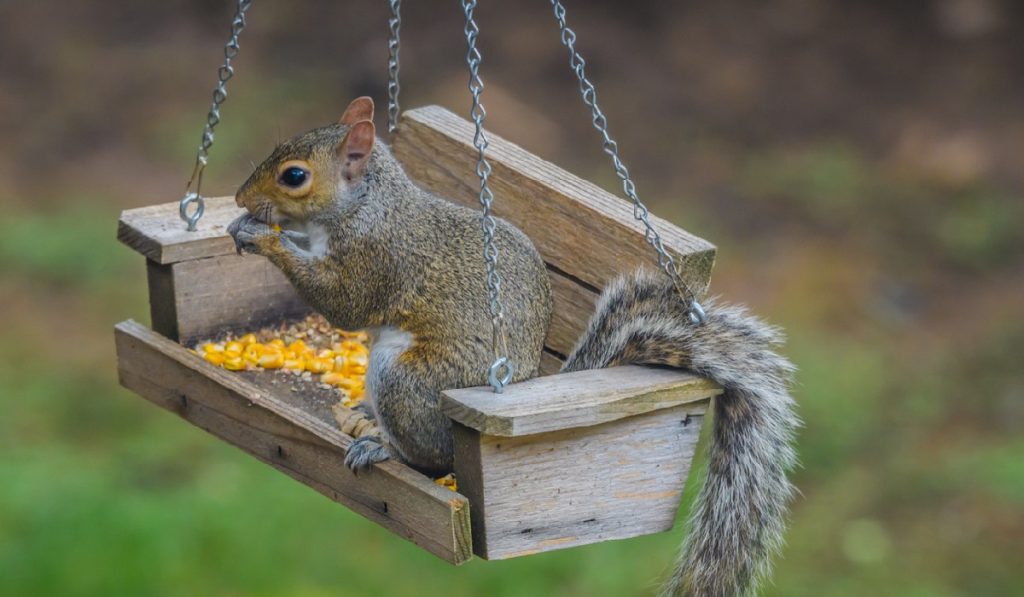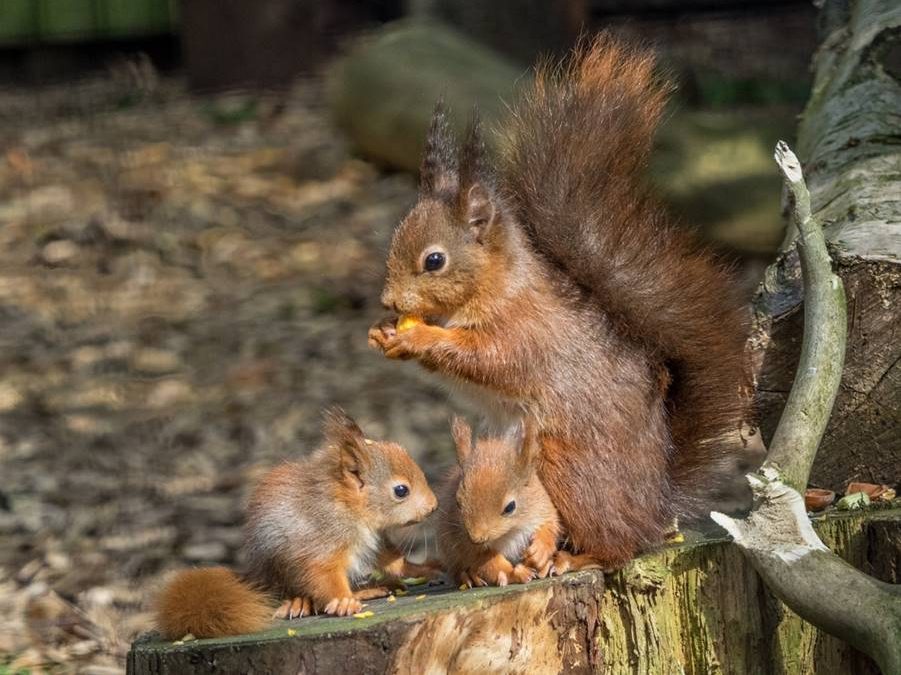Caring for a pet squirrel can be a challenging and rewarding experience. Squirrels are intelligent and social animals, and they require specialized care to thrive in a domestic environment. In this article, we will provide a detailed description of how to care for a pet squirrel, including their dietary needs, housing requirements, and socialization needs.

Dietary Needs
One of the most important aspects of caring for a pet squirrel is providing a healthy and balanced diet. Squirrels are omnivores and require a mixture of fruits, vegetables, nuts, and protein to maintain their health. A good diet for a pet squirrel should consist of:
Fruits and Vegetables
Fresh fruits and vegetables should make up the bulk of a squirrel’s diet. Squirrels enjoy a wide variety of fruits and vegetables, including apples, pears, carrots, and leafy greens. These foods provide important vitamins and minerals that are essential for a squirrel’s health.
Nuts and Seeds
Nuts and seeds are an important source of protein and fat for squirrels. Squirrels enjoy a variety of nuts, including almonds, pecans, and walnuts. It is important to note that nuts should be given in moderation, as they are high in fat and can lead to obesity if overfed.
Protein
Protein is an essential component of a squirrel’s diet. Squirrels can be fed a variety of protein sources, including cooked chicken, eggs, and insects. It is important to note that squirrels should not be fed raw meat, as it can lead to bacterial infections.
Water
Fresh water should be available to squirrels at all times. Squirrels can be given water in a bowl or a water bottle, depending on their preference.

Housing Requirements
Squirrels require a specialized living environment that provides them with both exercise and stimulation. A large, multi-level cage with plenty of toys and climbing structures is ideal for a pet squirrel. The cage should be at least 3 feet tall and 2 feet wide, with multiple levels for climbing and exploration.
Squirrels are active animals and require plenty of space to run and play. The cage should be located in a room with plenty of natural light and ventilation, and it should be cleaned regularly to prevent the build-up of bacteria and odors.
Socialization Needs
Squirrels are social animals and require regular socialization to maintain their mental and emotional well-being. It is important to spend time with your pet squirrel every day, playing with them and providing them with stimulation and enrichment.
Squirrels can also be trained to do a variety of tricks and behaviors, which can help to strengthen the bond between you and your pet. Training can include teaching your squirrel to come when called, climb on command, and perform simple tricks.
In addition to socializing with their human owners, squirrels can also be introduced to other squirrels for socialization. This can be done by gradually introducing squirrels to each other in a neutral environment, such as a large outdoor enclosure.

Healthcare Needs
Squirrels require regular veterinary care to maintain their health and prevent the spread of disease. Regular check-ups are important to catch any health problems early, and vaccinations may be recommended depending on your location and the type of squirrel you have.
Squirrels can also be prone to dental problems, which can be prevented by providing them with plenty of chew toys and a diet that is high in fiber. Regular nail trimming and grooming are also important to prevent injury and infection.
Final Thoughts
Caring for a pet squirrel can be a challenging and rewarding experience. Squirrels require a specialized diet, housing environment, and socialization to thrive in a domestic environment. It is important to provide them with plenty of stimulation and enrichment, regular veterinary care, and a healthy and balanced diet. With proper care and attention, a pet squirrel can be a wonderful and engaging companion.